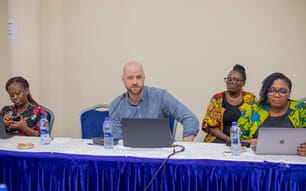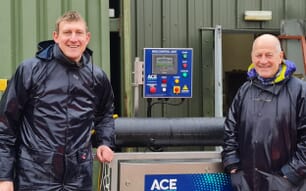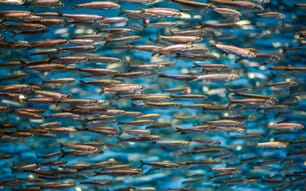Certification against the science based MSC standard
Following a rigorous, independent process, the Ross Sea longline toothfish fishery was certified in November 2010 as meeting the globally recognised MSC standard for well-managed sustainable fisheries. The MSC standard that every fishery must prove that it meets; sustainability of the fish stock, minimising environmental impact and effective management.
MSC board member and marine scientist, Dr Keith Sainsbury said the fishery has been, and will continue to be measured against the most rigorous and robust scientific standard for sustainability.
In the case of a fishery in a sensitive environment such as the Ross Sea, the transparent and robust nature of the MSC programme is critically important. By engaging stakeholders and conservation experts in the assessment and ongoing surveillance there is an opportunity to ensure this fishery is implementing the best ecosystem-based management available, in line with CCAMLR guidance, said Dr Sainsbury.
Target stock continues to be sustainably fished
The most recent stock assessments for Antarctic toothfish in the Ross Sea carried out in 2011 estimate that stock levels are at approximately 80 per cent of the original biomass. The Ross Sea toothfish longline fishery quota is set by Commission for the Conservation of Antarctic Marine Living Resources (CCAMLR); the MSC Unit of Certification took only 51 per cent of the catch in 2010/2011.
The first surveillance audit in December 2011, found that there were no significant by-catch (no species accounts for more than five per cent of total catch).
The Ross Sea longline toothfish fishery is managed under CCAMLR, which has implemented an Ecosystem Monitoring Programme. This programme requires that all the other living resources of the Southern Ocean are treated as an integrated system where effects on predator, prey and related species are considered and decisions on sustainable harvesting levels are made on the basis of sound scientific advice.
Managed under international scientific guidelines
All fishing activity is overseen and managed under the CCAMLR framework and all vessels operating in the area must comply with their guidelines. These include strict harvest control rules; mandatory 100 per cent observation of fishing activities; and requirements to avoid the incidental by-catch of seabirds.The fishery clients are contributing to the process of identification of candidate Marine Protected Areas (MPA) based on objective biological criteria by providing data collected from the observer programmes. In addition, an outline research plan has been developed to test the life-history hypothesis for toothfish; a tagging programme providing high-quality data for use in the stock assessment is ongoing; initial mapping of benthic habitats in the Ross Sea has been undertaken; and models of habitat distribution are being developed and research on trophic impacts is underway.



